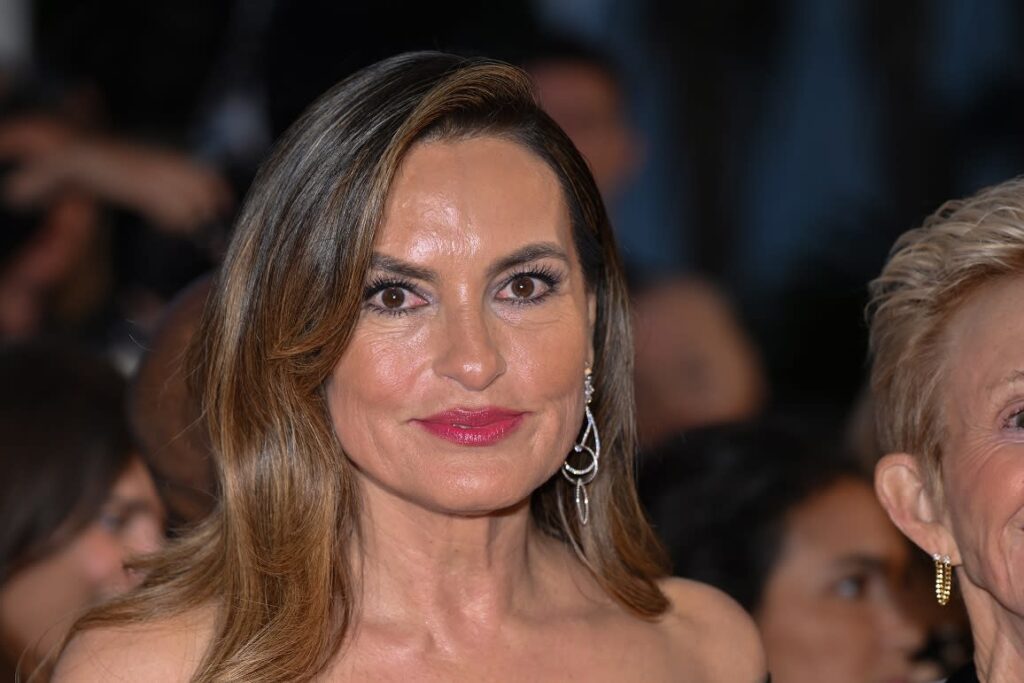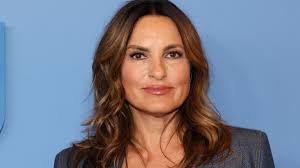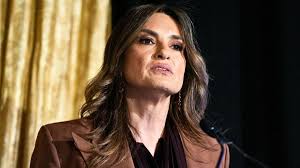For decades, Mariska Hargitay has been one of television’s most enduring and beloved faces. As Olivia Benson on Law & Order: Special Victims Unit, she’s played a tireless advocate for justice and truth, helping countless survivors tell their stories. But behind the Emmy-winning actress’s polished professionalism and steely resolve, there was a story of her own — one that remained in the shadows for over thirty years.
In her new documentary, My Mom Jayne, which premiered at the 2025 Cannes Film Festival on May 17, Hargitay takes audiences on a deeply personal journey through memory, mystery, and revelation. The film doesn’t just recount the life of her iconic mother, Jayne Mansfield — it exposes a family secret that rocked the actress’s world to its core: the discovery that her biological father was not Mickey Hargitay, the man she had always believed raised and biologically fathered her, but Italian entertainer Nelson Sardelli.
The truth, as she tells it, came crashing in like a scene from one of her own episodes of SVU. Except this time, there was no script — only raw emotion and a desperate need for answers.
To understand the magnitude of Mariska’s revelation, one must first understand her mother’s legacy. Jayne Mansfield wasn’t just a movie star — she was a pop culture sensation, a 1950s sex symbol whose bombshell looks and larger-than-life persona made her a household name. Often compared to Marilyn Monroe, Mansfield was known for both her comedic talent and her tabloid-fueling romances.

One of her most high-profile relationships was with bodybuilder and actor Mickey Hargitay. The two married in 1958 and quickly became Hollywood’s golden couple. Photos of the pair—Mickey’s muscles and Jayne’s hourglass figure—graced countless magazine covers. They had three children together, including Mariska, born in January 1964.
But beneath the glamour was turmoil. The couple’s relationship was rocky, and in 1963, amid a contentious divorce, Mansfield became romantically involved with Nelson Sardelli, an Italian-born singer and comedian with a successful Las Vegas act. While the Mansfield-Hargitay marriage would reconcile shortly before Mariska’s birth, the timeline suggested something that had remained hidden: the possibility that Mickey might not be her biological father.
Jayne Mansfield tragically died in a car accident in 1967 when Mariska was just three years old. Her death left behind an aura of myth and sadness, and left her children to be raised without her. Mickey Hargitay took over parenting duties, raising Mariska and her siblings with love and devotion. For Mariska, there was never a question of who her father was — until a photograph shattered that certainty.
Mariska Hargitay first sensed something wasn’t quite right when she was in her twenties. By then, she was already pursuing an acting career, slowly carving a space for herself outside of her famous parents’ shadows. But it was during this period that she came across a photograph of Nelson Sardelli — and something clicked.
“I looked at the picture,” she says in My Mom Jayne, “and it was like the floor fell out from underneath me.”

The resemblance was undeniable. She could see herself in Sardelli’s face in a way she never had in Mickey’s. It was an unsettling and emotional moment, one that stirred questions she wasn’t ready to answer. For years, she didn’t speak about it. Instead, she carried the secret alone, choosing loyalty to the man who raised her over pursuing the truth about her biological origins.
When she finally decided to confront the mystery, she did so with characteristic courage. At age 30, she attended one of Sardelli’s performances in Atlantic City. In a move that would make Olivia Benson proud, she introduced herself backstage and told him, plainly: “I don’t want anything. I don’t need anything from you. I have a dad.”
That meeting was the beginning of a new chapter — not a rejection of Mickey, but an acknowledgment of complexity. Over time, she built a relationship with Sardelli and his daughters. He even appears in the documentary, offering his perspective on a story long left in silence.
The heart of My Mom Jayne is more than just a paternity revelation. It’s a tribute, a search, and ultimately a reclamation of two lives — her mother’s and her own.
“My mom was this larger-than-life figure who died when I was so young,” Hargitay said in an interview with Vanity Fair. “So much of who she was — her strength, her vulnerability, her passion — was told through headlines and hearsay. I wanted to get to know her, not just as an icon, but as a woman and a mother.”
Through rare archival footage, family interviews, and deeply personal narration, My Mom Jayne paints a multidimensional portrait of Jayne Mansfield: a mother trying to balance fame with family, ambition with affection, and public perception with private pain. The documentary doesn’t shy away from Mansfield’s contradictions — her embrace of the spotlight, her sometimes chaotic love life, her deep maternal love.
For Mariska, the film became a way to integrate a part of herself she had never fully owned. “There were years where I didn’t even know what I was grieving,” she says. “It wasn’t just my mom’s death. It was the loss of truth, the loss of clarity about who I was and where I came from.”
The process of making the documentary was as therapeutic as it was revealing. “I’ve always believed there is strength in vulnerability,” she adds. “And making this film confirmed that belief like never before.”
Despite the paternity revelation, one of the most moving aspects of My Mom Jayne is Hargitay’s deep, unwavering love for Mickey Hargitay — the man who raised her, protected her, and stood by her side through the chaos of fame and the pain of loss.
“There’s no one I was closer to on this planet than my dad,” she said. “I’m Mickey Hargitay’s daughter — that is not a lie.”
The documentary honors him as much as it honors Mansfield. Home videos show a tender father-daughter relationship — him brushing her hair, carrying her on his shoulders, smiling proudly at her school plays. Even as she explores her biological ties to Sardelli, it’s clear that in every way that matters, Mickey was and always will be her dad.

At its core, My Mom Jayne is about the search for truth — a theme that mirrors Hargitay’s decades-long portrayal of Olivia Benson. But unlike the courtroom confessions or dramatic arrests on SVU, this truth was quiet, deeply personal, and years in the making.
“I had to go full Benson,” she joked in one interview, referencing her character’s investigative instincts. “But this time, the case was my own life.”
What she uncovered was not scandalous, but redemptive. It didn’t break her — it made her whole. And in telling her story, she gives others permission to explore their own truths, even when they’re uncomfortable or painful.
“There’s such freedom in no longer carrying secrets,” she said. “It’s scary, yes. But it’s also the beginning of healing.”
My Mom Jayne will debut on HBO and Max on June 27, 2025, offering viewers an intimate look at a Hollywood legacy reframed through the eyes of a daughter. It is, by all accounts, one of the most emotionally rich documentaries of the year.
For Hargitay, the project marks a new chapter in her career — not as an actress or advocate, but as a storyteller unafraid to look inward. The documentary is as much a cinematic achievement as it is a therapeutic act of remembrance and reclamation.
She remains devoted to her work on Law & Order: SVU, but My Mom Jayne proves that Mariska Hargitay’s most powerful performance may not be one she gives on screen, but one she lived in real life: a daughter searching for truth, and finding love in every corner of her complicated past.



